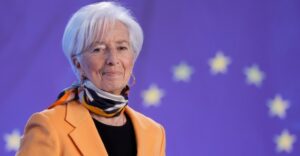Boris Johnson seems to be taking the lead with 86 seats and the absolute majority, according to the first exit polls published in the UK.
According to first estimates, the Prime Minister-designate’s Conservatives receive 368 seats and Labor 191.
Across the United Kingdom, 45.000.000 voters are electing the new government, choosing 650 MPs. Of these, 533 are elected in England, 59 in Scotland and 18 in Northern Ireland.
It was the third general election since 2015 and the first in 100 years to be held in December.
Although Boris Johnson raised the issue of UK withdrawal from the European Union as his primary pre-election issue, there were other issues that determined the vote of British citizens. Among them the question of the UK National Health System funding.

Although low temperatures and rainfall in some parts of the UK have prompted fears that the turnout would be low, British citizens turned out.
At the same time that British citizens were voting for the country’s next government, in Brussels the last European Council of 2019 was taking place, which would decide, inter alia, on the EU budget, the Green Agreement proposed by President von der Leyen and on the EU’s stance towards Turkey. And all this without a representative of Great Britain in the European Union.
The UK is expected to leave the EU this February, three and a half years after the Brexit referendum.
The majority secured by Boris Johnson may speed up the Brexit process, which if there is no agreement it will occur de facto and de jure on 1 February 2020.
Ask me anything
Explore related questions





